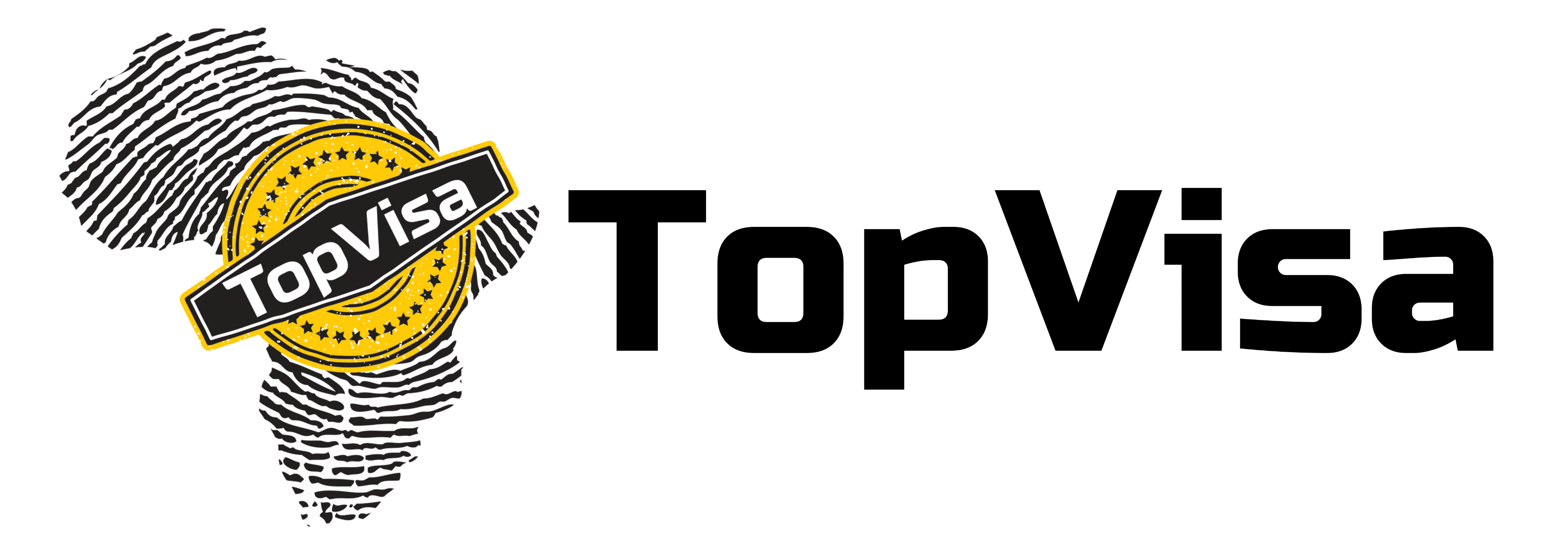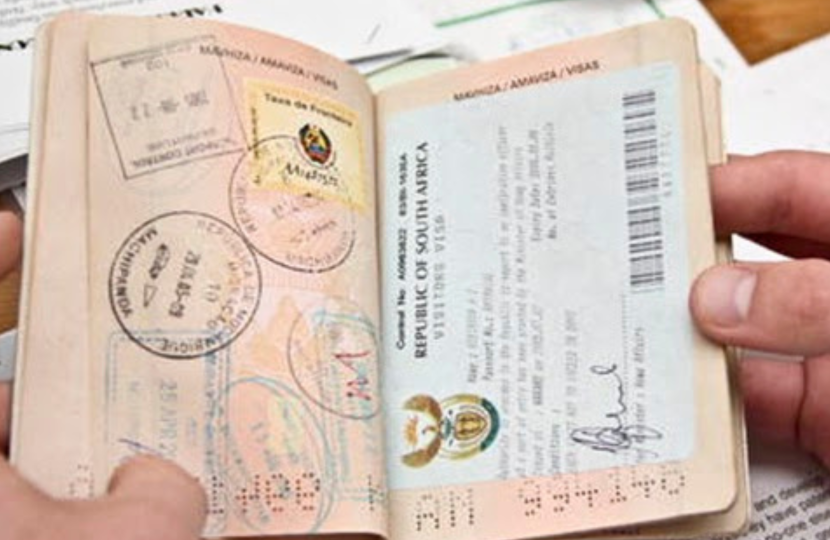When planning international travel, it’s crucial to understand that visa requirements can vary dramatically from one country to another. Each nation has its own set of rules, influenced by its political, economic, and security contexts. Here’s a guide to navigating these diverse requirements effectively.
Research Is Key
The first step in any international travel plan should involve comprehensive research into the visa requirements of the destination country. This includes not only whether you need a visa but also what type of visa is appropriate for your travel purposes—whether tourism, business, study, or transit.
Country-Specific Guidelines
Countries often have specific guidelines that are unique to their own visa processes. For example:
- USA: Requires an in-person interview for most visa types and strict scrutiny of your travel intentions and financial stability.
- Schengen Area: Offers a single visa for travel within its member countries, but you must apply through the country that’s either your main destination or where you will spend the most days.
- Australia: Uses an electronic visa application system and places significant emphasis on your health and character as part of the application process.
Visa Types and Their Requirements
Understanding the different types of visas is just as important as understanding country-specific rules. Some nations might offer an Electronic Travel Authorization (ETA) for short visits, which is simpler and faster to obtain than a conventional visa. Others might require different visas for tourists, business visitors, or transit passengers.
Documentation
The documentation required can also vary greatly. While a tourist visa generally requires proof of accommodation and return tickets, a student visa might require admission letters from educational institutions and proof of financial means to cover the duration of the stay.
Cultural Sensitivities
Be aware of cultural or political sensitivities that might affect visa issuance. For instance, traveling to a country with strained diplomatic relations might require additional steps or more stringent checks.
Use of Technology
Some countries might allow you to complete the entire visa application process online, while others might still require physical submission of documents or even an in-person application.
Health and Security
Particularly in the post-COVID era, many countries have implemented health screenings as part of their entry requirements. Others might have security advisories that could affect your visa application, such as mandatory vaccinations or background checks.
Stay Updated
Visa policies are subject to change, often without much notice. Regularly checking the official immigration or embassy websites of the countries you plan to visit is essential to stay updated on the latest visa requirements and travel advisories.
Understanding that each country has its own set of rules is vital for a smooth travel experience. By respecting these diverse requirements and preparing accordingly, you can ensure a hassle-free entry to your destination country.

